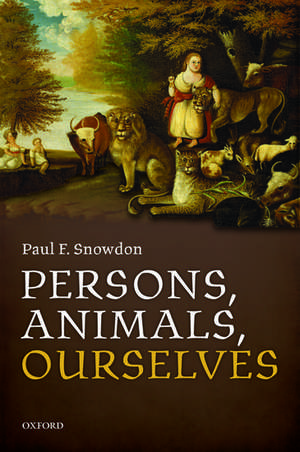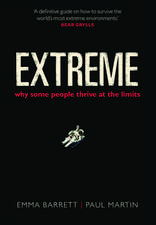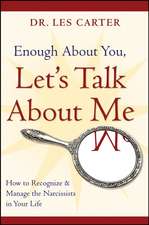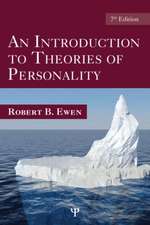Persons, Animals, Ourselves
Autor Paul F. Snowdonen Limba Engleză Paperback – 29 mar 2017
| Toate formatele și edițiile | Preț | Express |
|---|---|---|
| Paperback (1) | 233.17 lei 31-37 zile | |
| OUP OXFORD – 29 mar 2017 | 233.17 lei 31-37 zile | |
| Hardback (1) | 426.71 lei 31-37 zile | |
| Oxford University Press – 9 oct 2014 | 426.71 lei 31-37 zile |
Preț: 233.17 lei
Preț vechi: 262.98 lei
-11% Nou
Puncte Express: 350
Preț estimativ în valută:
44.62€ • 46.49$ • 37.10£
44.62€ • 46.49$ • 37.10£
Carte tipărită la comandă
Livrare economică 31 ianuarie-06 februarie 25
Preluare comenzi: 021 569.72.76
Specificații
ISBN-13: 9780198769996
ISBN-10: 0198769997
Pagini: 270
Dimensiuni: 157 x 234 x 15 mm
Greutate: 0.43 kg
Editura: OUP OXFORD
Colecția OUP Oxford
Locul publicării:Oxford, United Kingdom
ISBN-10: 0198769997
Pagini: 270
Dimensiuni: 157 x 234 x 15 mm
Greutate: 0.43 kg
Editura: OUP OXFORD
Colecția OUP Oxford
Locul publicării:Oxford, United Kingdom
Recenzii
It is good that Snowdon's arguments and ideas have finally been presented together in a prominent venue. The book offers a valuable treatment of some standard anti-animalist arguments, and it has much to teach anyone thinking about animalism or personal identity.
Notă biografică
Paul F. Snowdon read Philosophy, Politics, and Economics at University College, Oxford, and remained there for the BPhil. He was appointed a lecturer in philosophy at Reading University in 1970, and became a Fellow and Lecturer in Philosophy at Exeter College Oxford a year later. In 2001 he became the Grote Professor in Mind Logic at University College London. He was President of the Aristotelian Society from 2003 to 2004, and has held visiting posts at Williams College in the USA, Umea University in Sweden, and the University of Otago in New Zealand.













